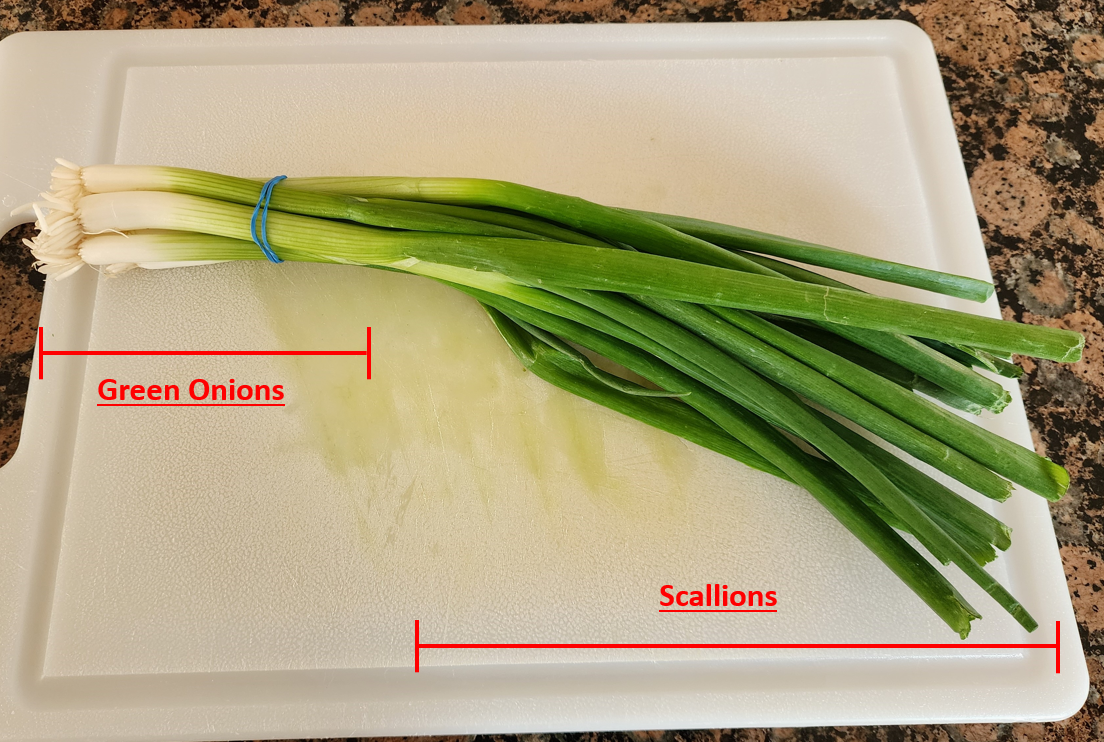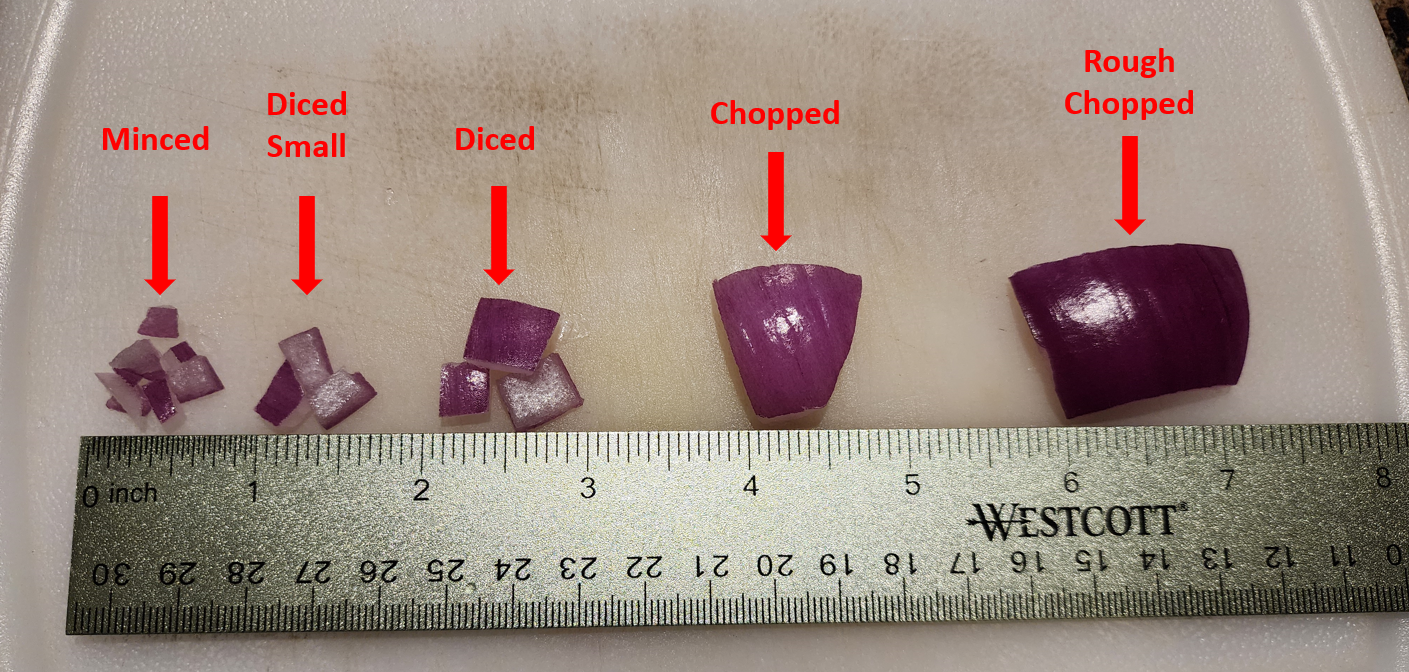Vegan Cooking For Carnivores
Going Vegan Has Never Been So Easy
I am not a medical doctor
If you have specific questions about your body, your diet, or any other aspects related to your health, please consult your physician.
You know who is a medical doctor? Dr. Michael Greger. This guys is AMAZING! And so is his website: nutritionfacts.org. TONS of amazing research articles, videos, and tidbits about eating healthy and staying healthy. Want to know just how healthy avocados are for you? Just go to his site and do a search. Curious on how the imitation meats actually stack up against real meat? He’s got your analysis.
If you are interested in learning more (and are like me and don’t have the attention span to read a bunch of scientific research and studies), here are some really great documentaries that I’ve found and recommend:
- The Game Changers (Netflix)
- What The Health (Netflix)
- You Are What You Eat – A Twin Experiment (Netflix)
- Poisoned: The Dirty Truth About Your Food (Netflix)
- Milked (Amazon Prime)
- Eating Our Way to Extinction (Amazon Prime)
- Dominion (YouTube)
Vegan vs. Plant Based
It can be tough to understand the difference here because these terms can be used in different ways. When these terms are used to describe specific food items, then they mean the same thing and are used interchangeably. For example Impossible Beef is “plant based meat” and you can be sure that it is vegan. In general, food producers have found out that saying “plant based” elicits a better reaction from a lot of people as compared to “vegan,” so they prefer that terminology.
However! When it comes to broadly describing a diet, they are actually rather different. While there is no one definition of plant-based, it usually is referring to a diet where no more than 10-20% of food intake is meat, dairy, or egg. Obviously in a vegan diet, there is 0% of those things. Recent research has consistently shown that BOTH diets have immense health impacts.
A good example of a plant-based diet is the Mediterranean diet. Think small pieces of fish along with veggies and a pasta or rice. The only cheese would be some feta crumbled on top of a salad or something similar. Researchers have done tremendous work with regard to plant-based diets because there are huge regions (such as the Mediterranean region) where a lot of people basically eat very similar foods and live in very similar circumstances. So it’s easy to gather data and control for different variables. It’s more challenging to do this type of research for the vegan diet. There simply isn’t a huge region anywhere where almost all of the population eat vegan; they tend to be small pockets in much larger areas, and those pockets can have very different socio-economic profiles with different access to different resources. But researchers will certainly agree that BOTH vegan and plant-based diets are the healthiest.
Perceived Drawbacks of a Vegan Diet
There is a lot of misinformation out there with regard to getting all the nutrients your body needs on a vegan diet. Really, it’s all shenanigans. While some nutrients might be a little harder to come by, there is still no excuse for not getting them. Plus, you should probably be taking a daily multivitamin anyway… But, if you are concerned about any of these for any reason, consult your physician and they can help you monitor the level of these nutrients in your body. But really, you shouldn’t have much of any problem.
Calcium
Normally, we get our calcium from dairy products. So obviously, if you stop consuming dairy, then you may be missing this important nutrient, right? Not really. Every non-dairy milk and cheese that I am aware of also has calcium added to it. In fact, some vegan milks even have MORE calcium than regular milk with fewer calories from fat. Leafy greens and some seeds also have calcium. So keeping with your usual routine, just substituting in the vegan stuff, shouldn’t be a problem.
Iron
This one is usually found in animal meat. However, most vegan meat substitutes have this added in, as well. For example, Impossible beef is a good source of iron. In addition, tofu, spinach, lentils, broccoli, and more are natural sources of iron. So not really any worry here, either.
Protein
This is probably the MOST incorrect assumption of vegan diets. Meat and dairy both have quite a bit of protein in them, true. But so do nuts, seeds, beans, soy, avocados, lentils, even green peas and whole grains. It simply isn’t too hard to get enough protein in your vegan diet. I personally include a protein nut bar with lunch each day to help ensure I have enough. And the Good! brand protein bars are just as delicious as the Quest bars I used to eat after workouts!
Just as a point of reference, here are a bunch of top-tier athletes that are vegan: Novak Djokovic and the Williams sisters (tennis), Lewis Hamilton (Formula 1), Morgan Mitchell (Australia Olympic Track & Field), Alex Morgan (USWNT), Chris Paul (NBA), Cam Newton (NFL), Scott Jurek (American ultra-runner), Tia Blanco (professional surfer), Dotsie Bausch (U.S. Olympic Cyclist), Hector Bellerin (Premier League), and Patrik Bouboumian (2011 Germany’s Strongest Man). Even Arnold Schwarzenegger is vegan!
Vitamin B
This is one of the trickier ones because the main source of B-vitamins is actually animal meat. But, SO MANY foods and drinks have been fortified with B-vitamins. Or, even more simply, just take a daily multivitamin. Even Vitamin Water and other hydration and energy drinks have B vitamins in them. So while this might be one of the trickier ones, it still shouldn’t be a problem.
Vitamin D
Mushrooms are an excellent source of D-vitamins. Many non-dairy milks have also been fortified with vitamin D (just like regular milk), as have some orange juices. Not to mention your body generates some Vitamin D itself from sunlight. So this is should be pretty much the same as every other diet.
Zinc
The best sources of zinc are nuts, seeds, and whole grains, which should be plentiful in a vegan diet. You can also look for foods that have been fortified with zinc or include a daily supplement to make up for any deficits you may have, but you should be fine.
Copyright 2024 | Vegan Cooking For Carnivores Ltd.

